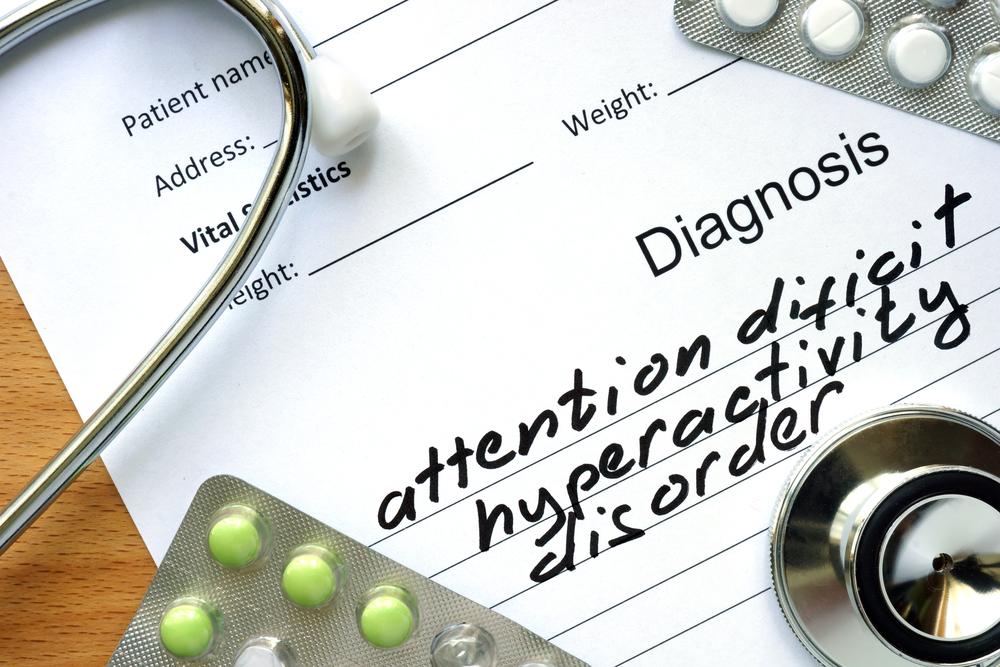Effective Strategies for Managing ADHD
Discover effective strategies for managing ADHD through therapy, medication, and ongoing support. This comprehensive guide highlights approaches suitable for all ages, emphasizing personalized treatment for better daily functioning and quality of life.

Managing ADHD Effectively
Addressing ADHD typically involves a combination of psychological, behavioral, educational, and medical strategies. The options vary based on the individual's age and specific needs:
Parent training programs
Educational awareness about ADHD
Supportive educational interventions
Behavioral modification techniques
Counseling sessions
Skills development workshops
Medication management
Proper treatment alleviates symptoms and enhances daily functioning. Combining therapy and medication often yields the best outcomes. Let’s explore these approaches in more detail.
Therapeutic Approaches
Various therapy options are effective for children and adults with ADHD. These therapies also address related issues such as anxiety and behavioral challenges.
Examples of therapies include:
Social Skills Training —Using role-play exercises, children learn social interactions and understand how their behavior impacts others.
Behavioral Therapy —This approach uses reward systems to help children control impulsive behaviors, involving parents and teachers in the process.
Psychoeducational Counseling —A talk-based therapy encouraging children and parents to discuss ADHD, fostering self-awareness and positive thought patterns.
By engaging in these therapies, children can develop healthier thought patterns and social skills.
Medication Options
Medication remains a cornerstone in ADHD treatment for many individuals. It is often the most effective method for managing symptoms in both children and adults. Studies show that about 80% of children respond well when medication dosage is appropriately adjusted.
The National Health Service recognizes five main medications approved for ADHD:
Guanfacine
Atomoxetine
Lisdexamfetamine
Dexamfetamine
Methylphenidate
These drugs can help stabilize mood, reduce impulsivity, improve focus, and assist in developing social skills. Nonetheless, medication suitability varies based on age, allergies, medical history, and specific ADHD type. Consulting healthcare professionals is essential for personalized treatment.
Managing ADHD Over Time
While ADHD has no definitive cure, with consistent management and appropriate treatment, individuals can significantly improve their quality of life. Ongoing support helps control symptoms, enabling a person to reach their full potential and lead a meaningful, productive life.










